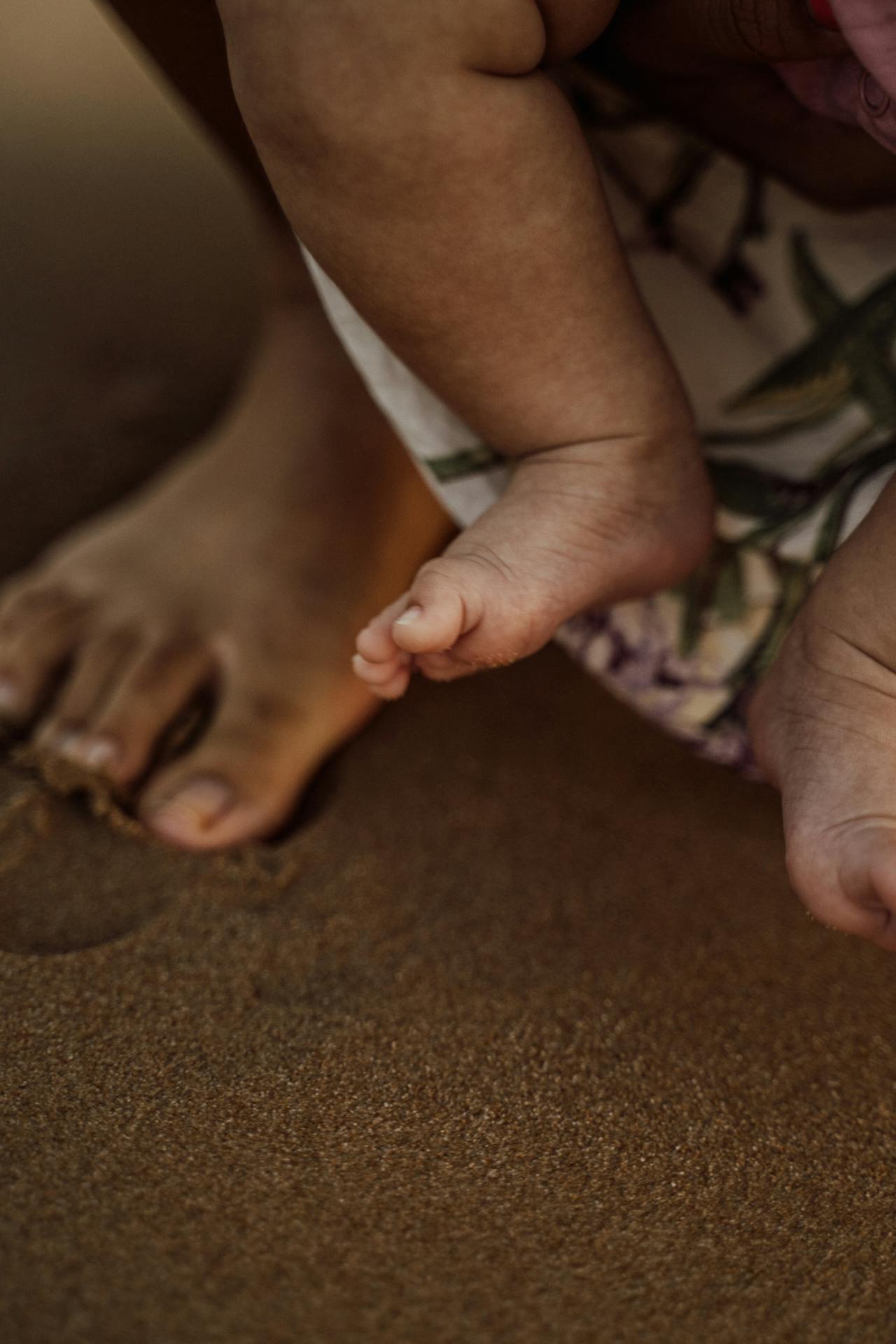The History and Importance of Doulas
The history of doulas traces back to ancient civilizations, where birth support was provided by experienced women in the community.
Today, evidence strongly supports the role of doulas in reducing medical interventions and improving birth outcomes.
In an era where birth has become increasingly medicalized, leading to unnecessary interventions and even trauma, doulas serve as a vital solution to restoring a more physiological and respectful birthing process.
The Rise of Medicalized Birth
Cesarean section rates continue to rise globally, often exceeding recommended thresholds. The World Health Organization (WHO) suggests that an optimal cesarean rate should be around 15%
yet many countries see rates between 20-30%, with some, like the WHO reporting that worldwide caesarean section rates have risen from around 7% in 1990 to 21% today
and are projected to continue increasing over this current decade. If this trend continues, by 2030 the highest rates are likely to be in Eastern Asia (63%), Latin America and the Caribbean (54%), Western Asia (50%), Northern Africa (48%), Southern Europe (47%), and Australia and New Zealand (45%), the research suggests.
This overmedicalization of birth not only disrupts the natural hormonal process essential for labor but also increases risks for both mothers and babies.
The Evidence-Based Benefits of Doulas
Research demonstrates that continuous support from doulas during labor leads to higher rates of spontaneous vaginal birth, lower cesarean rates, reduced use of pain relief medications
and more positive birth experiences. Unlike medical professionals focused on clinical aspects, doulas provide emotional, physical, and informational support, ensuring that birthing individuals feel empowered, respected, and safe.

Shifting Towards a More Natural and Humane Approach
Recognizing birth as a physiological event rather than a medical condition is crucial. Unnecessary interventions can hinder the body’s natural ability to labor effectively.
By fostering a supportive environment and trusting the innate wisdom of the birthing process, we can shift toward a more humane and evidence-based approach to childbirth.
Organizations such as WHO, ACOG, RCOG, and the International Confederation of Midwives advocate for reducing unnecessary medical interventions.
Key evidence-based recommendations include allowing labor to start spontaneously, supporting movement during birth, providing continuous support, and minimizing medical interference unless necessary.
Advocating for Dignity in Birth
As a healthcare professional myself, with a strong foundation in evidence-based practice, my goal is to advocate for informed and empowered birthing experiences.
Doulas play a fundamental role in this movement, bridging the gap between medical care and the natural process of birth. By recognizing and respecting the physiological nature of childbirth, we can create a safer, more positive experience for both mothers and babies.
“We come from water in our mother’s womb to the water world called earth. Let’s fight for our right to be treated with dignity and following our basic instinct of having a natural birth, as much as possible.” Ivette, Doula-Nutritionist


